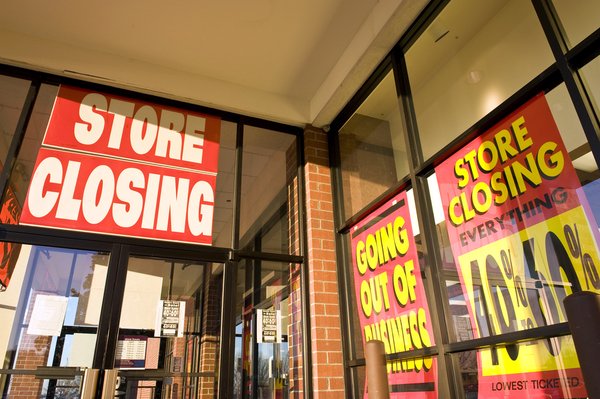Retailers are expected to shutter more brick-and-mortar locations this year, extending a theme that has been prevalent over the last several years and one that could benefit exchange traded funds such as the ProShares Decline of the Retail Store ETF (EMTY ) and ProShares Long Online/Short Stores ETF (CLIX ).
The Decline of the Retail Store ETF provides daily short exposure or -1x to the new Solactive-ProShares Bricks and Mortar Retail Store Index, which is comprised of traditional retailers and equally weights components. The fund holds companies that include department stores, supermarkets and sellers of apparel, consumer electronics and home improvement items, such as retailers like Barnes & Noble, The Gap, Macy’s, Kroger and Best Buy, among others.
“Six months into 2019, there have already been 20% more store closings announced than in all of 2018, according to a new report from global marketing research firm Coresight Research reports USA Today. “Based on Coresight Research’s figures and retailers’ earnings reports, more than 7,000 stores are slated to shutter this year with thousands of locations already gone.”
CLIX is a type of long-short strategy and the first ETF to track the potential growth of online companies while benefiting from the decline of brick and mortar retailers. Specifically, CLIX reflects the new ProShares Long Online/Short Stores Index, which combines a 100% long portfolio of on-line and non-traditional retailers with a 50% short position in bricks and mortar retailers.
Shopping and consumer trends are changing as more buyers rely on the convenience of online retailers to quickly and effectively meet their discretionary needs. As the retail landscape changes, investors can also capitalize on the trend through exchange traded funds that target the e-commerce segment.
“Coresight, which has offices in Manhattan, London and Hong Kong, tracked the 5,864 closings in 2018, which included all Toys R Us stores and hundreds of Kmart and Sears locations,” according to USA Today.
This year, retailers have been announcing closures of physical stores at an elevated pace, but analysts expect that rate to dramatically increase over the next several years.
“An estimated 75,000 stores that sell clothing, electronics and furniture will close by 2026, when online shopping is expected to make up 25 percent of retail sales, according to UBS,” reports The Washington Post.
For more thematic investing strategies, visit our Leveraged & Inverse ETF Channel.

